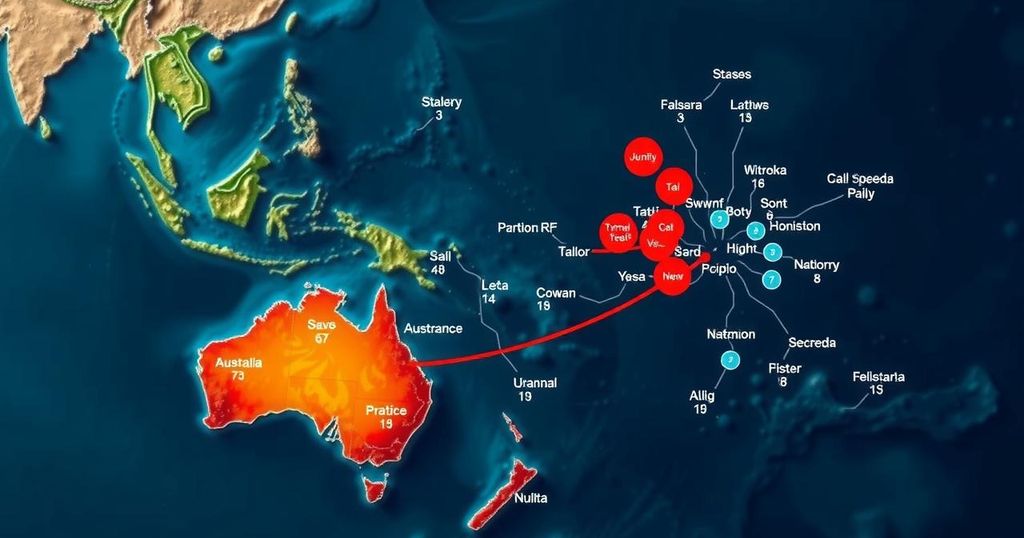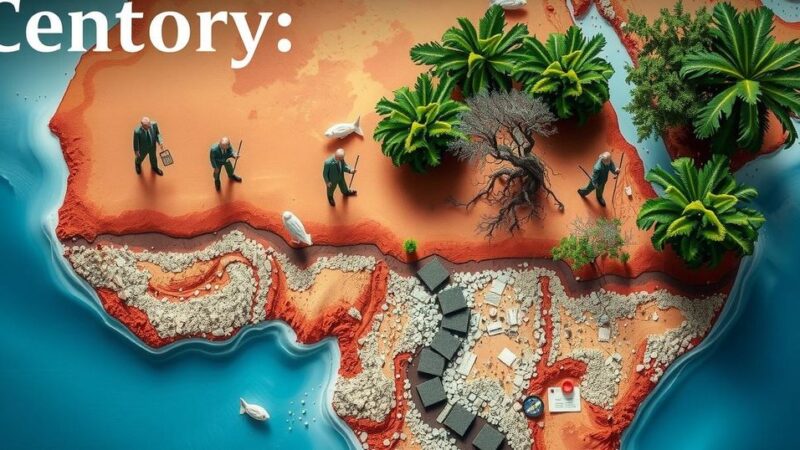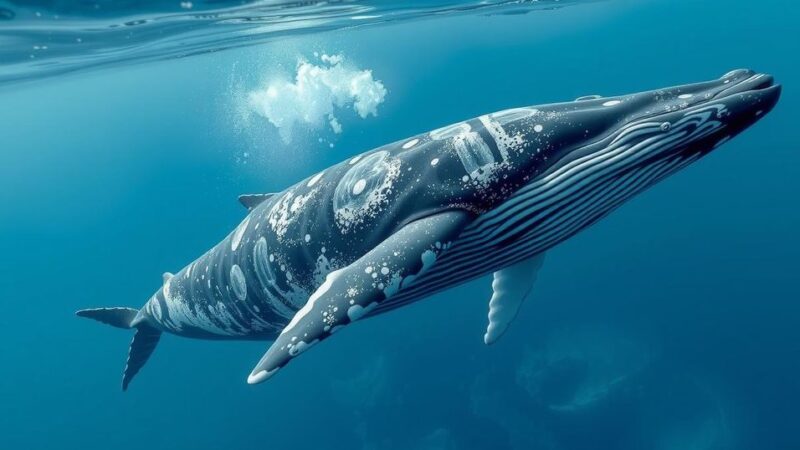Australia is currently balancing its role as a significant fossil fuel exporter with the expectations of Pacific nations for climate action. A notable legal case led by Vanuatu at the International Court of Justice seeks to clarify climate responsibilities. Australia has positioned itself alongside major emitters, challenging expansive legal obligations and emphasizing the primacy of the Paris Agreement. The court’s expected advisory opinion could have profound implications for Australia’s climate strategy and diplomatic relations.
Australia faces a significant diplomatic challenge as it attempts to reconcile its role as a trusted partner to Pacific nations with its position as one of the world’s largest fossil fuel exporters. The nation’s commitment to the fossil fuel industry was highlighted in a recent international court case led by Vanuatu, which seeks to clarify nations’ obligations to protect the global climate. Australia aligned itself with major fossil fuel emitters, arguing against expansive legal responsibilities for climate change mitigation, raising concerns regarding its commitment to climate action and its relationship with Pacific states.
This ongoing legal battle began in the wake of growing frustrations over the international community’s slow progress in addressing climate change. Vanuatu, joined by other Pacific nations, has embarked on a journey from academic discussions to lobbying at the United Nations and eventually to the International Court of Justice (ICJ) in The Hague. The court’s advisory opinion, expected next year, will explore the legal duties nations hold regarding greenhouse gas emissions and the repercussions for those causing substantial harm to the climate. It may redefine international legal precedents regarding climate obligations.
During the proceedings, Australian representatives acknowledged Vanuatu’s initiative; however, they underscored that only the Paris Agreement should govern emission reduction responsibilities. They contended that defining liability for climate damage is complicated and suggested that human rights obligations do not encompass responsibilities addressing climate change impacts. Australia has been steadfast in its fossil fuel expansion, having approved numerous projects since 2000, which aggravates the emissions challenge facing both Australia and its Pacific neighbors.
The repercussions of the court’s decision for Australia could be profound, potentially leading to increased legal accountability for climate-related damages as calls for compensation gain traction. Given Australia’s plans for fossil fuel growth despite clear climate risks, findings by the ICJ may strain its relationships within the Pacific Region. Furthermore, Australia’s bid to host COP31 in 2026 could serve as a pivotal opportunity to realign its climate strategy and adopt more sustainable practices.
Australia’s geopolitical landscape is increasingly complicated as it attempts to maintain its status as a reliable ally to Pacific nations while simultaneously being a leading fossil fuel exporter. This duality becomes especially challenging in light of the pressing climate crisis confronted by Pacific island nations, which view climate change as a top existential threat. The International Court of Justice case represents a critical moment in international climate law, with the outcomes having the potential to shape future state responsibilities regarding environmental protection significantly.
In conclusion, Australia is at a crossroads, as it navigates its dual role as a major fossil fuel exporter and a partner to Pacific nations grappling with climate change. The ongoing case in The Hague could redefine legal expectations surrounding climate protection and exacerbate tensions with Pacific countries. With the impending advisory opinion from the International Court of Justice, Australia must consider how it positions itself in the global climate dialogue and whether it will pivot toward more sustainable energy practices to align with regional partners.
Original Source: theconversation.com






